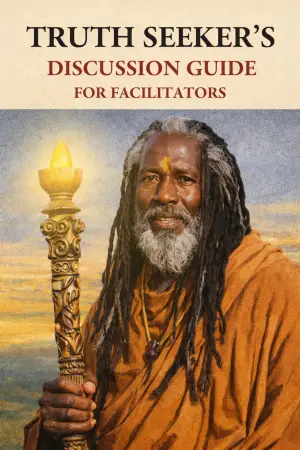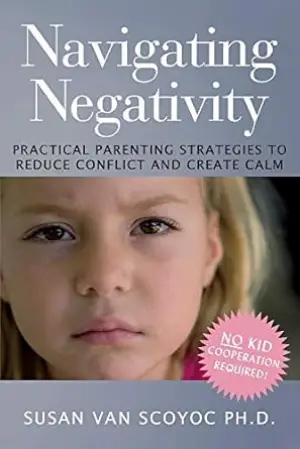I recently finished reading The Year of Magical Thinking by Joan Didion, a poignant memoir that chronicles her journey through grief following the sudden loss of her husband, John Gregory Dunne, while their daughter was in critical condition. As someone who enjoys deeply personal narratives, especially those that tackle universal experiences like love and loss, I felt drawn to Didion’s work and was eager to explore her acclaimed style.
From the beginning, Didion’s writing captivated me. Her ability to merge her personal story with broader themes of marriage, memory, and mortality was nothing short of breathtaking. I found her prose to be electric, marked by a raw honesty that resonated deeply with me. Readers like Thomas praised the book for being Didion at her best, highlighting her thoughtful and expertly crafted narrative.
One of the aspects I appreciated was Didion’s unflinching honesty about the intricacies of grief. Kcorn pointed out that the book deserves to become a classic memoir about loss. I wholeheartedly agree; Didion’s account is refreshingly devoid of clichés. Instead of offering platitudes or easy answers, she delves into the chaotic, disorienting nature of loss. The book vividly details moments of confusion and vulnerability, such as when she instinctively reaches for her deceased husband’s shoes, unwilling to part with anything that might bring him back.
Nonetheless, not every aspect was flawless. Some readers found the pacing to be a bit uneven, describing certain parts as superficial. I could see how some sections may feel drawn out. Yet, for me, this pacing choice felt intentional, mirroring the ambiguous nature of processing grief. The lingering pause on certain memories reflected how, in real life, time can feel like both an enemy and a companion during such turmoil.
While I found immense value in Didion’s deep insights, I also sensed a lack of warmth or emotional engagement at times. For instance, Jim Brennan noted her candidness about death and illness but observed a potential coldness in her meticulous account. This didn’t detract from my experience, but I could see how it might affect some readers’ engagement with her feelings. Didion appears to approach her memories more as a journalist than a grief-stricken spouse, which might leave some longing for deeper emotional reflections.
Overall, the memoir met and often exceeded my expectations. Didion’s exploration of themes around the elasticity of sanity in moments of loss was thought-provoking. As she says, "the weeks and then months that cut loose any fixed idea I ever had about death," I, too, felt that disturbing yet oddly comforting acknowledgment of mortality and human fragility.
As I closed the final pages of The Year of Magical Thinking, I was left not only moved but also enlightened. Didion provides readers with a profound understanding of grief that feels universal yet deeply personal. It is an exploration of love that many will relate to, whether from their own experiences or through the empathy cultivated for others.
In conclusion, I highly recommend this memoir for anyone grappling with the complexities of loss, memory, and life’s unpredictability. The resonance of Didion’s words lingers long after the last page, making it a worthy addition to any bookshelf. It’s not just a memoir about losing a partner—it’s a meditation on the way we navigate life, love, and the inevitable sadness that accompanies them. The Year of Magical Thinking has rightfully earned its place as a modern classic in the canon of grief literature, and I’m certain it will offer solace to many.








